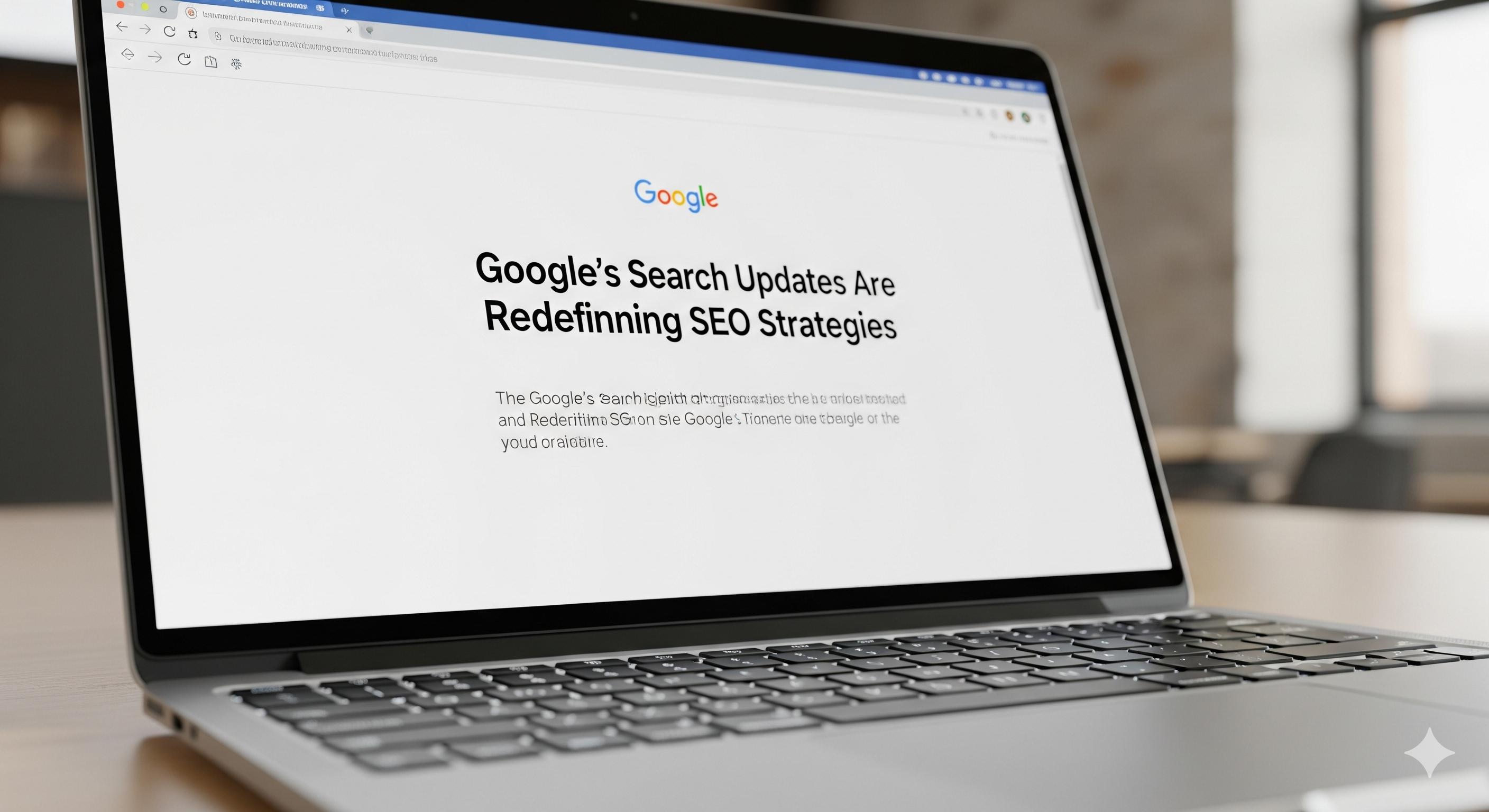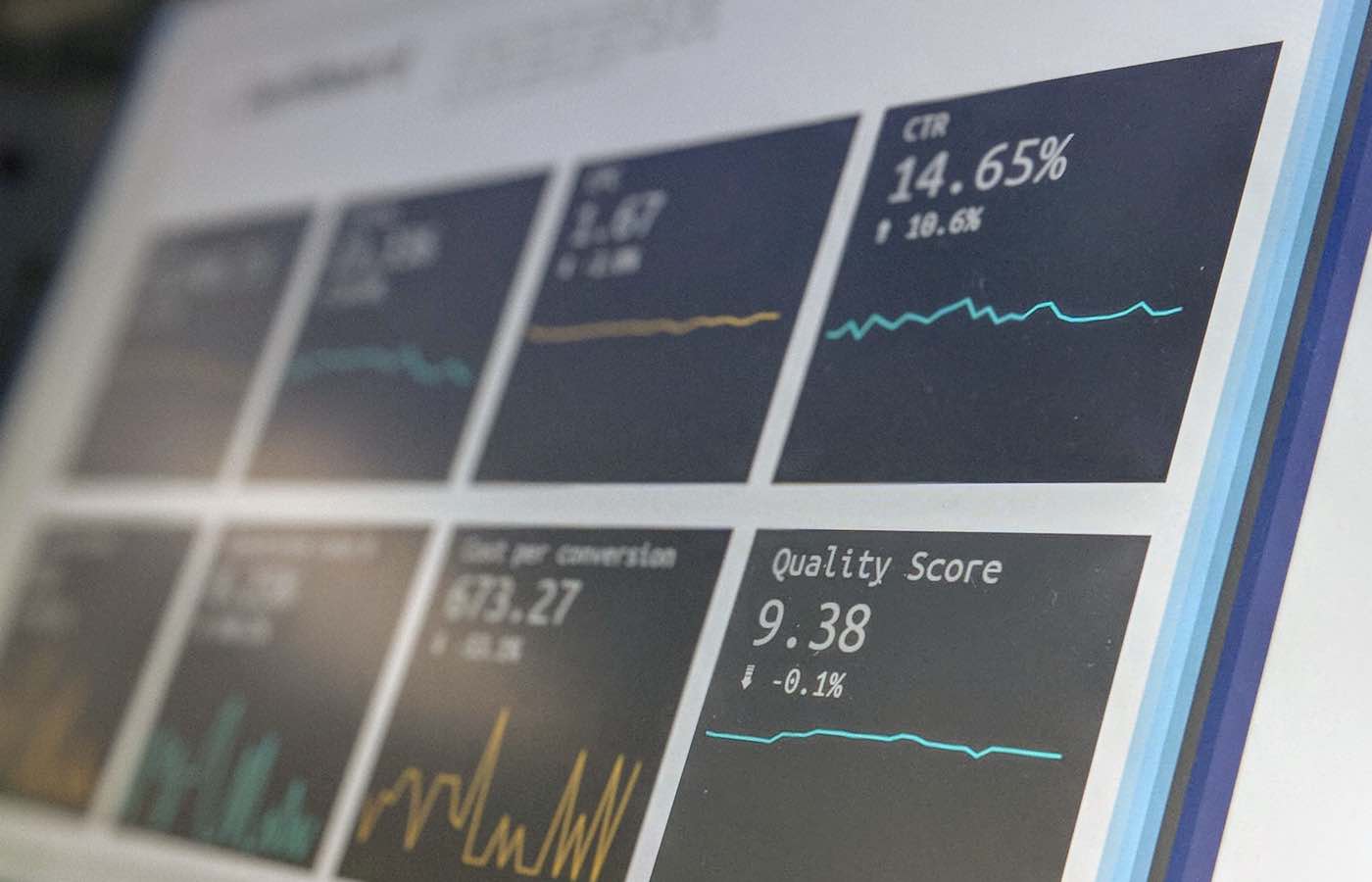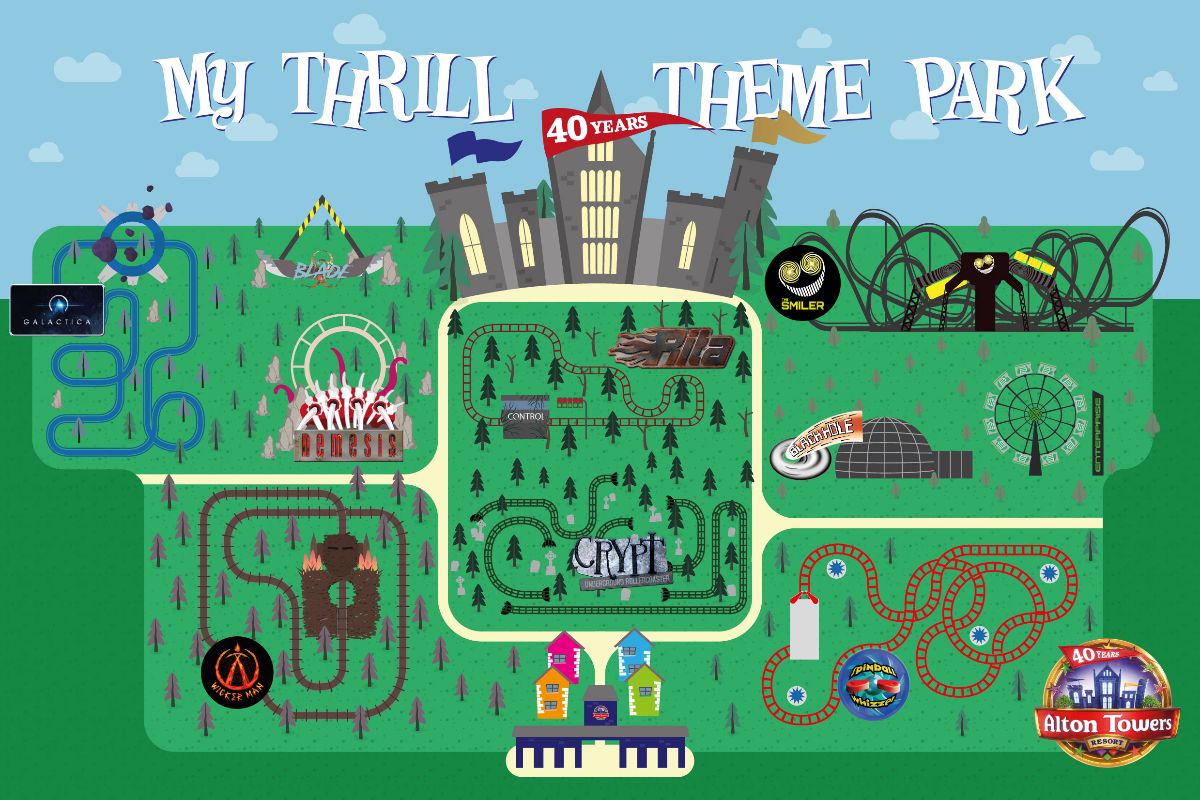If you have been working in SEO for several years, you’ll likely appreciate how challenging it is to keep up with Google’s ongoing algorithm changes. Just when strategies seem established, new updates prompt rapid shifts. The pace of these changes has intensified significantly recently.
The last eighteen months have been particularly dynamic. Google has released multiple impactful updates, each reshaping the fundamentals of search optimisation. While specific patterns are emerging, we’re clearly in the midst of a significant transformation in how search rankings are determined.

The Algorithm Evolution
In late 2022, Google introduced the Helpful Content Update, designed to prioritise content that genuinely benefits users. Though initially a distinct signal, by 2023, this update was integrated into Google’s core ranking algorithm, underscoring its ongoing importance. Since then, there have been various spam updates and several expansive core updates that have further refined how Google evaluates websites.
A significant conceptual shift during this period has been Google’s emphasis on “Experience” within the E-A-T framework, evolving it into E-E-A-T (Experience, Expertise, Authoritativeness, and Trustworthiness). This evolution emphasises the value of content created by individuals with first-hand knowledge and genuine expertise, especially in sensitive areas like health or finance.
Google’s algorithms have become much better at understanding context and user intent, moving beyond simple keyword matching. This complexity means traditional SEO tactics require adaptation, as site traffic can fluctuate dramatically following major updates.
Content Complexity and E-E-A-T
Google now favours content that demonstrates authentic expertise and provides clear, comprehensive value to users. While longer-form content often performs well, success hinges on quality and relevance rather than word count alone. Content should be thorough without redundancy, authoritative yet accessible, and genuinely helpful.
Notably, Google assesses content quality at the site level, not just individual pages. Thin or unhelpful content anywhere on a site can negatively affect the entire domain’s rankings. This has shifted SEO practices towards more rigorous site-wide content audits, with some pages being removed rather than optimised. This marks a departure from the “more content is better” mindset that has been prevalent for years.
Technical SEO Developments
Core Web Vitals remain an essential part of site evaluation, but function more as tie-breakers among pages with similar relevance rather than decisive ranking factors. Mobile-first indexing is now fully rolled out, making desktop-only sites obsolete in Google’s index.
While Google refines its understanding of user satisfaction signals, it does not directly use metrics like bounce rate or time on site as ranking factors. Instead, these behaviours may indirectly influence rankings by correlating with content relevance and quality.
Schema markup remains valuable for enhancing search result appearances through rich snippets and featured snippets, which can drive higher click-through rates. Optimising for these features is increasingly essential for visibility, though predicting snippet acquisition is still partly an art.
Adapting SEO Strategies
Modern SEO strategies focus heavily on user intent rather than isolated keywords. Approaches such as topic clusters provide comprehensive coverage of related subjects, offering more resilient performance through updates.
Link building persists but has shifted towards earning genuine links through valuable content and community engagement, moving away from manipulative tactics like mass guest posting or directory submissions.
Brand building and diversifying traffic sources are critical. Reliance solely on organic search is risky due to algorithm volatility. Strong branding and direct traffic help businesses withstand fluctuations more effectively.
Integration of SEO, UX, and Branding
Successful digital projects now integrate SEO with thoughtful web design and branding management. A well-designed website optimised for search drives visibility and user engagement, while cohesive branding services strengthen authority signals across all channels.
Affordable web design and cheap SEO packages work best when embedded within a broader digital approach that addresses the entire user journey. Quick fixes have been replaced by sustained effort focused on meaningful value creation.
Looking Ahead
The future of search favours sites that deliver genuinely helpful user experiences. Algorithms are increasingly adept at discerning user needs, rewarding websites that meet them effectively.
SEO professionals must expand their skill sets beyond technical optimisation to include understanding user psychology, content strategy, brand development, and user experience design. While this complexity presents challenges, it also makes the field more rewarding.
Overall, quick SEO wins are becoming rare. Success increasingly depends on consistent, authentic value. Businesses should seek partners who offer integrated services combining affordable web design, sustainable SEO, and branding management to thrive in Google’s evolving landscape.
Struggling to keep up with Google’s constant changes? The Social Bay, a trusted web design and SEO agency based in Manchester, is here to help. Contact us today to discuss how our expert team can tailor strategies, including affordable SEO and branding services, to boost your online presence and navigate the evolving SEO landscape.
Ready to future-proof your SEO and digital strategy? Contact The Social Bay for a personalised consultation on affordable SEO packages and web design solutions.
Email: hello@thesocialbay.co.uk
Phone: 07441 918230
Address: SPACES Peter House, Oxford Street, Manchester M1 5AN, United Kingdom









